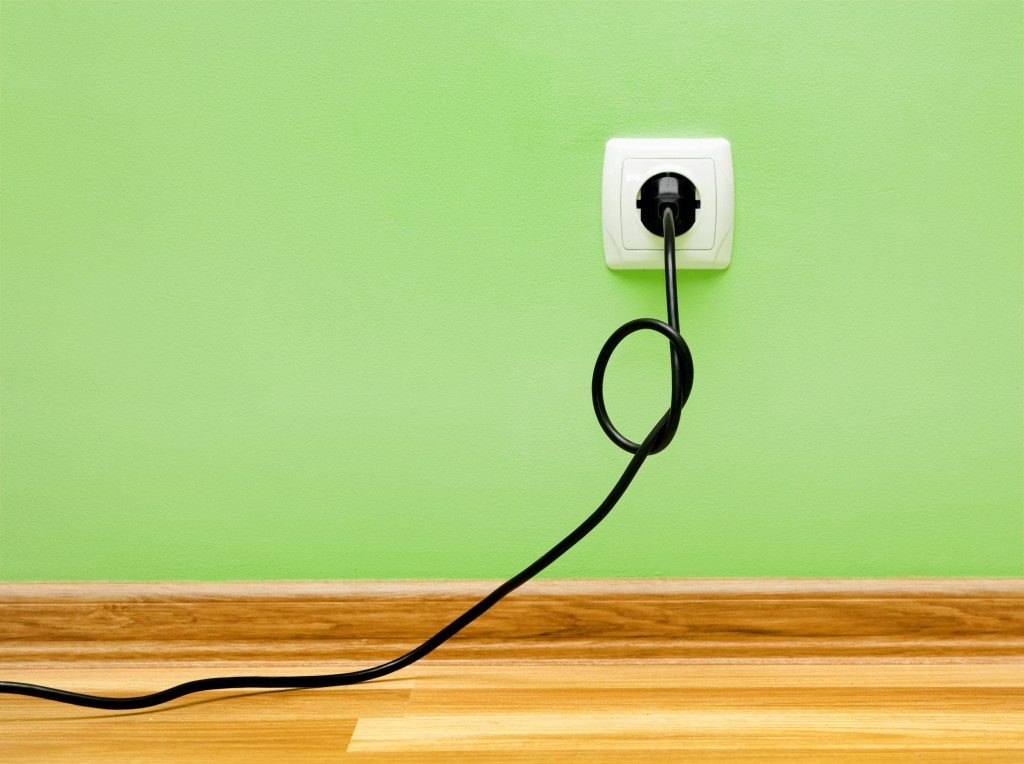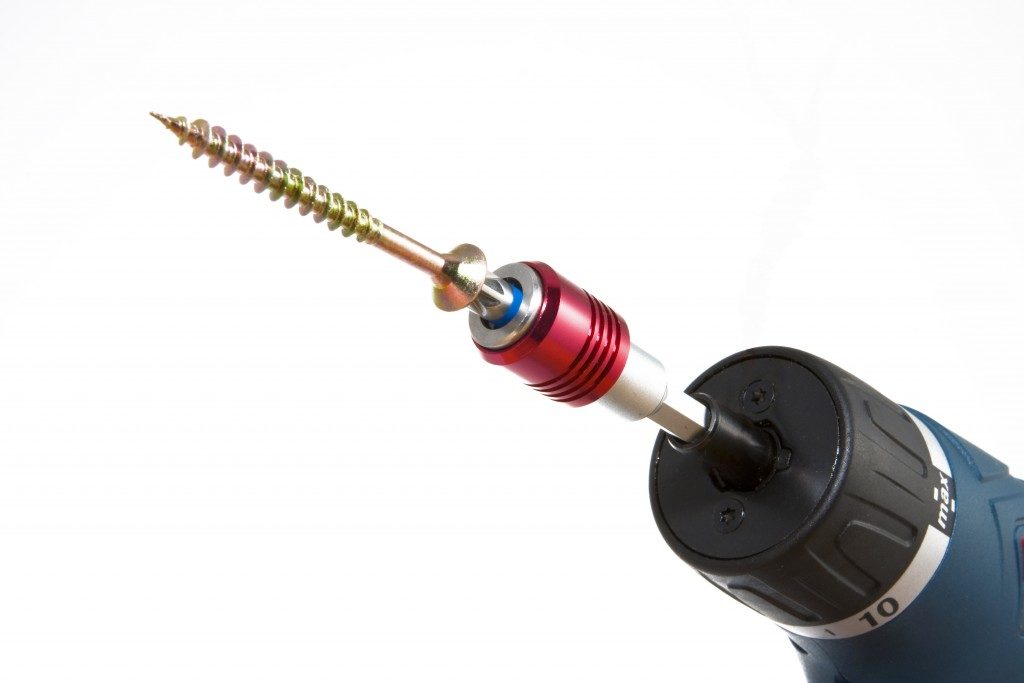An energy audit is a full assessment of your house or building in Portland, Oregon. It aims to identify areas where you might be wasting electricity. It looks at the current energy consumption of your home or building and makes recommendations on the energy-saving measures that you can implement. An auditor reports whether your building is losing too much energy, which increases its electricity consumption and your utility bills.
In buildings, the testing, adjusting, and balancing of the HVAC system is a necessary step in making sure that the building is optimized for occupants' comfort. It also adjusts temperatures and airflow to improve the indoor air quality of the building, as well as its energy efficiency.

This is just one of the many components that an auditor has to assess during an energy audit. Here are the other things that happen during an audit:
- The energy auditor will inspect the building from the outside. What they want to look into are the windows, eaves, and walls. They want to see if there are leaks and cracks that might cause the excessive use of energy inside the building. If there are any major issues such as cracks and holes on the outside walls, this might mean that the temperature inside the building is being impacted by the weather outside.
- The auditor will also check the insulation of the building. They will inspect whatever type of insulation has been used, and they will make sure that it has properly been installed and applied between the walls. The areas where the electrical lines run might have holes and could be the reason the insulation isn't working properly. They will check if there are sources of leakages around these areas.
- The auditor will inspect your HVAC system, as well as the furnace and water heater. If any of these are old and outdated, the auditor might advise you to get a new one installed. The filters in your HVAC system and the furnace might need replacement, so these will be checked, too.
- The auditor will conduct a blower door test. For buildings, this will be done per area or per level. The doors and windows will be shut close. The device will depressurize the inside of the building. Using an infrared camera, the auditor will detect where air may be leaking into the room.
- The auditor will check what types of bulbs you are using. If you still have incandescent bulbs in your building, it's time to replace those with LEDs and CFLs.
These are the most common steps that an energy auditor takes during the assessment and examination of a building. Some auditors will take additional steps such as thermographic inspections.

Why is an energy audit of a building important? It allows you to see which areas of your building you can save energy and lower your utility bills and other expenses. For those who are planning to sell either their homes or buildings, an energy-efficient property will more likely receive better offers.



